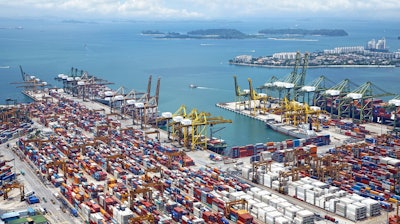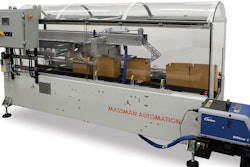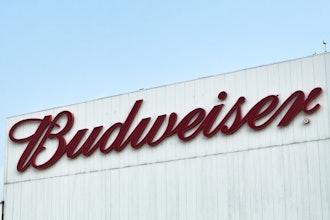
Regardless of whether Venetian explorer Marco Polo really was the first to introduce pasta to Italy in the thirteenth century, food has been exported for thousands of years. For example, the UK has become heavily reliant on imported goods. In the first half of 2018, it imported over $29 billion worth of food. In most towns, there is a corner shop that sells imported foods, and supermarkets now have ‘world’ food aisles.
With a rise in demand for globally imported foods, how do food manufacturers keep up with the demand for exported produce?
Attitudes to cultures and foods has changed. More than fifteen years ago, global foods were not as widely accessible as they are now. From Asia and eastern Europe, to Africa and the Caribbean, it is now as easy to buy foods from these parts of the world as it is to buy domestic products from the country you live in.
Travel has developed significantly, opening more opportunities to experience different cultures and food, and as a result, cultures are merging. The convenience and appeal of being able to explore more places around the world quicker than ever, means that we are subject to a variety of different cuisines that we want to be able to enjoy at home. As we have become more accepting and adventurous to try foods from different countries, it’s become fashionable to embrace other cultures and experience their food, increasing the demand for exported food.
With these factors influencing the desire for foods from around the world, companies need to increase production and enable efficient processing to meet the demand. For instance, Hungarian company, Tisza-TK Projekt has used automation to increase production, decrease operation costs and sustain minimum waste and emissions of its corn grain processing factory.
The new Tisza-TK Projekt factory produces 530 thousand tons of GMO-free corn a year and exports 70 percent of its high fructose products. As the Hungarian government plans to extend the output of local agriculture and increase the value added by processing more crops locally, the new factory is considered a huge contribution to the growth of the Hungarian food industry.
In order to process this amount of corn and operate an energy efficient plant, Tisza-TK Projekt has implemented ABB’s System 800xA Version 6.0. The system integrates plant utility processes and the process control system, energy monitoring and medium voltage automation. Automation provides many benefits that allow manufacturers to be able to supply to demand, such as Tisza-TK Projekt automating packaging, labelling and mixing, enabling it to increase productivity and improve energy efficiency, while reducing waste and emissions.
Whether or not Marco Polo was the first to export pasta, this historic myth has certainly made an impact on the way the food and beverage industry operates. Although, certain types of food manufacturers have no choice but to export their produce, all manufacturers should consider exporting as wider markets can be reached, increasing productivity and sales.
However, without automation, manufacturers risk losing their place in the market to growing competition. As travel and popularity of global foods develops, manufacturers will heavily rely on automation to help meet the demand.






















